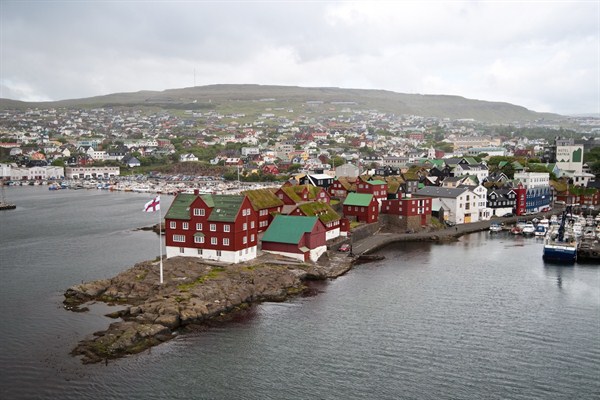Earlier this month, left-leaning opposition parties in the Faeroe Islands announced they would form a coalition after the Javnadarflokkurin party won 8 out of 33 seats in the parliamentary elections, upsetting the ruling Prime Minister Kaj Leo Johannesen’s right-leaning Sambandsflokkurin party, which has been in power since 2008. In an email interview, Maria Ackrén, an associate professor at the University of Greenland, discussed politics in the Faeroe Islands.
WPR: What are the main factors that led to the defeat of the right-wing Sambandsflokkurin party in the Faeroe Islands?
Maria Ackrén: It is impossible to identify any particular factor or factors that led to the Sambandsflokkurin party’s defeat. The election campaign was very close, with opinion polls giving the lead to both the Sambandsflokkurin party and the left-wing Social Democrats at different points. The outcome of the election was very uncertain until the end. The opposition coalition, led by the Javnadarflokkurin party, ended up winning 17 out of 33 seats in the parliament.

